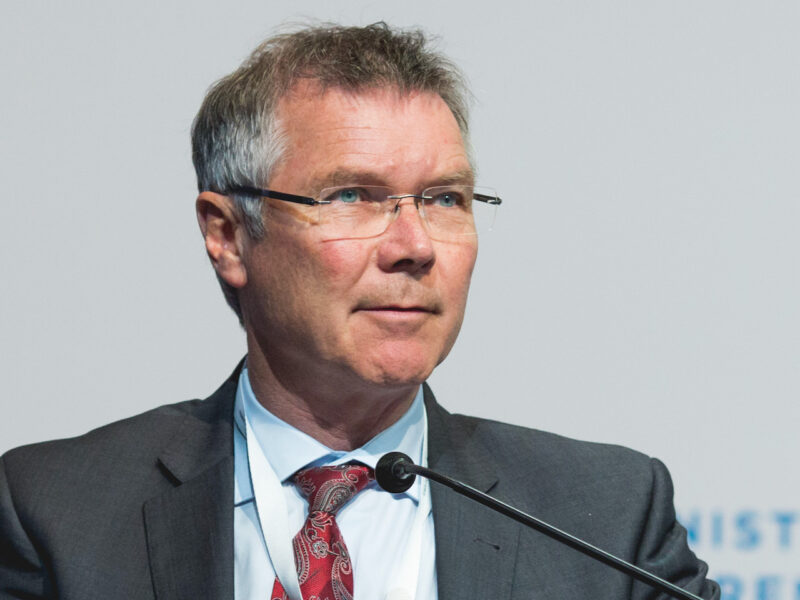10th June 2022 By Contributor | contact@foodticker.co.nz | @foodtickernz
Changes are needed to better manage existing aquaculture and develop of open ocean ventures, according to Ocean and Fisheries Minister David Parker.

The Oceans and Fisheries portfolio supports the development of a high-value marine economy that provides economic benefits.
Internationally, more fish are farmed than are caught wild.
Aquaculture presents a significant opportunity for sustainable economic development while using a relatively small part of our environment. I know it’s an area of research that’s important to this University, particularly on issues like spat which underpins the farming of Greenshell mussels.
The potential of marine aquaculture is recognised in the Government’s Aquaculture Strategy, which aims to realise growth to $3bn in annual aquaculture revenue.

Key to this is unlocking the regulatory settings that have lurched from one set of rules for space allocation to another. None has worked well. Recent experiences in the Marlborough Sounds, where warmer sea temperatures have contributed to massively increased salmon mortalities, highlight the need for better management and a more agile response to environmental change.
I am committed to addressing these barriers through reform of the Resource Management System, so that the sector can achieve its potential while protecting the environment.
Changes are needed to enable better management of existing aquaculture, and the development of open ocean aquaculture.
The Ministry for Primary Industries has released a roadmap which identifies the investments required from the industry, Māori and research organisations and the Government to realise the Aquaculture Strategy’s $3bn goal. Officials are working with these partners to identify key priorities and how they can be progressed.
Significant work is already underway. For example, the Government is supporting several aquaculture projects to farm high-value algal products, and explore land-based farming of finfish.
The potential economic benefits can be significant locally.
The Government has made significant investments to support the development of a Māori-led aquaculture industry in Te Moana-a-Toi Bay of Plenty.
This includes investment in Ōpoptiki Harbour, onshore mussel processing, and Te Huata Mussel Spat Hatchery at Te Kaha totalling over $100m, and broader work to help iwi assess opportunities and develop business cases.
This has helped turn around communities, with job opportunities underpinning wider investments in housing, lifting local communities.
These investments and other investigations will support Iwi to develop significant marine farms as part of two historic Te Tiriti o Waitangi settlements, and the collective aquaculture settlement.
Biosecurity and environmental risks will need to be properly managed, but initial businesses cases have shown at scale development could contribute up to $1.5bn in revenue and the creation of more than 2000 jobs.
There are of course wider issues in the fisheries sector. There are real labour shortages, partly because people can get other jobs they would prefer to do. That’s true of both the deep sea fishing fleet, lesser extent in the inshore fishery, and also in fish processing. We need to deal with these labour market challenges both at sea and onshore.
We want to continue to push towards automation for a lot of these functions and we also want to increasingly position our fisheries in world markets with the highest environmental reputation.
The amount of wild caught fish in New Zealand is unlikely to significantly increase. So, we need to focus on increasing the value of the catch. The highest value domestic and international consumers are increasingly demanding sustainable seafood products. There are emerging innovations in fishing methods, traceability, and data analytics which create new opportunities for commercial fishing.
But also we need in Government and organisational form around which to address issues like this, in various sectors in our economy, and so do industries. We’re doing that through Industry Transformation Plans and we’ve kicked one off for the fishing sector.
My officials will be engaging with our Treaty Partners, and with representatives from business, unions, and other stakeholders, over the next few months with a view to producing a draft Industry Transformation Plan that can be implemented from mid-2023.
The above excerpt is from a speech delivered on Wednesday at Auckland University by David Parker to fisheries, research and environmental stakeholders.
27 Feb 2024 Perspectives: Researchers looked at 700 plant-based foods – so how ‘healthy’ are they really?
15 Feb 2024 Perspectives: The rise of robo-retail – who gets left behind when shopping is automated?
12 Feb 2024 Perspectives: How to maximise the impact of cellular agri for sustainable food production
© 2024 Business Media Network Ltd
Website by Webstudio